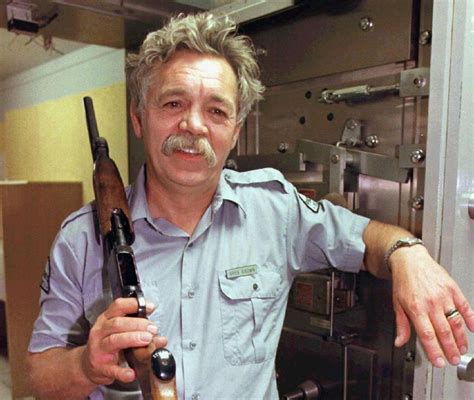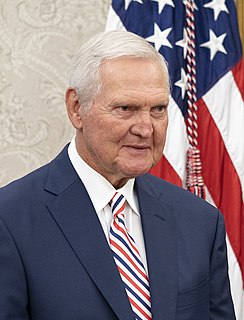A Quote by Vijay Prashad
There are several studies done of peasant uprisings where the first chapter might be 'conditions in that area' and so the conditions are bad, and then the second chapter is a kind of conjectural event, somebody's shot and then there's an uprising. But there's no consideration, no chapter on preparation.
Related Quotes
If, nevertheless, textbooks of pharmacology legitimately contain a chapter on drug abuse and drug addiction, then, by the same token, textbooks of gynecology and urology should contain a chapter on prostitution; textbooks of physiology, a chapter on perversion; textbooks of genetics, a chapter on the racial inferiority of Jews and Negroes.
If Mother Culture were to give an account of human history using these terms, it would go something like this: ' The Leavers were chapter one of human history -- a long and uneventful chapter. Their chapter of human history ended about ten thousand years ago with the birth of agriculture in the Near East. This event marked the beginning of chapter two, the chapter of the Takers. It's true there are still Leavers living in the world, but these are anachronisms, fossils -- people living in the past, people who just don't realize that their chapter of human history is over. '
A lot of Christians have been taught a story that begins in chapter 3 of Genesis, instead of chapter 1. If your story doesn't begin in the beginning, but begins in chapter 3, then it starts with sin, and so the story becomes about dealing with the sin problem. So Jesus is seen as primarily dealing with our sins.
I would look at the first chapter of any new novel as a final test of its merits. If there was a murdered man under the sofa in the first chapter, I read the story. If there was no murdered man under the sofa in the first chapter, I dismissed the story as tea-table twaddle, which it often really was.
The idea was that we would decide the order when we looked at the proofs. I remember Brion Gysin saying "Well, why change it? It's perfect the way it is, the way it came from the printer." Made one major change, that is, the first chapter that came from the printers, which would be the beginning, we moved to the end. The first chapter became the last chapter. There's no actual cutups in Naked Lunch.
I wrote 'Mr. In-Between' very quickly when I was about 23. I wrote the penultimate chapter, then realised I'd done something which was written to the best of my abilities. I panicked. I hesitated to finish the final chapter and went into withdrawal for three years. I decided to pick it up again after I went drinking with author Tim Binding.







































